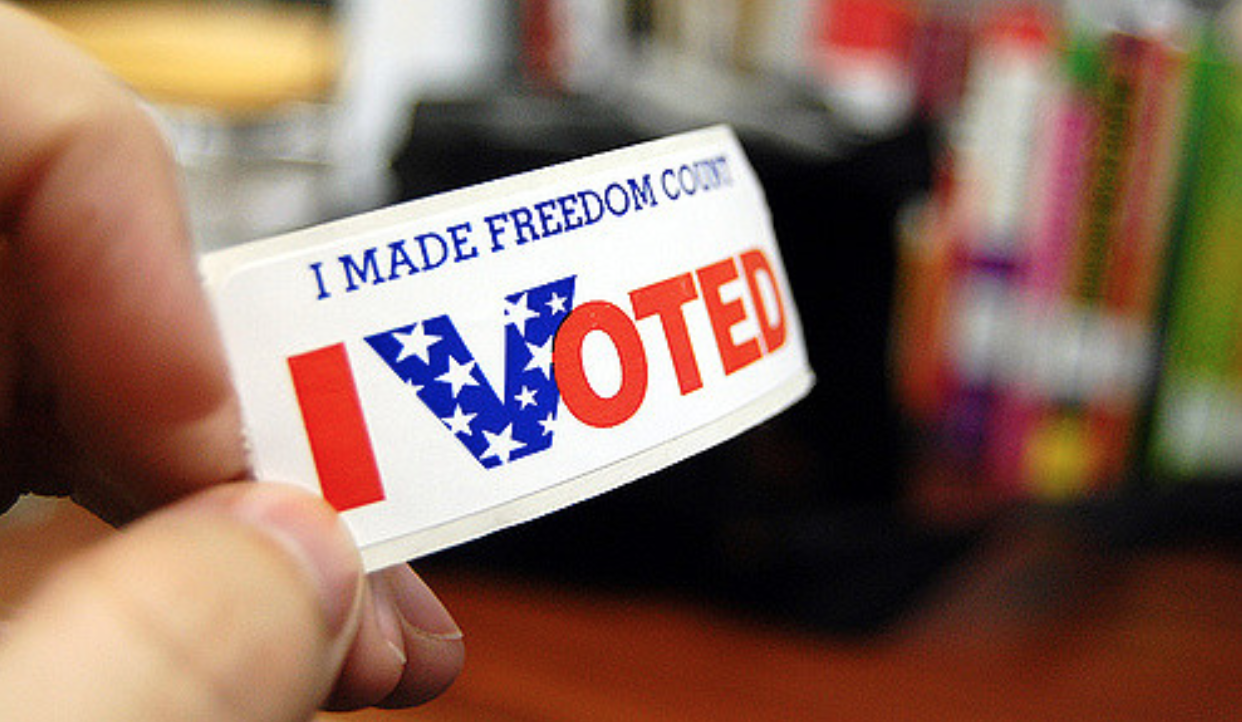Pew Study Shows Widening Ideological Divide Among Voters

By Lorin McLain
A new study from the Pew Research Center sheds an interesting light on how the U.S. appears to be more politically polarized now than ever. The nature of nastiness in the presidential election cycle has obviously escalated over the last decade or so, and a recent Pew study puts a tangible grasp on how voters are only fueling the modern nature of divisive politics. While the American populace is showing an increasing disdain for our elected politicians and the political process, we’re also apparently becoming more comfortable in our conservative or liberal skins.
The new Pew report shows in the past 15 years, the share of Democratic and Democratic-leaning registered voters identifying their views as liberal has increased by 15 percent, from 27 percent to 42 percent. That’s compared to 38 percent of those voters identifying themselves as moderates. When President Obama was elected in 2004, moderate Democratic voters outnumbered liberals 45 to 27 percent.
Interestingly, the trend seems to be predominant among white voters. The study says Hispanic and black voters are a lot less likely to identify their political views as liberal. Last year, 39 percent of Hispanic Democrats identified themselves as moderate compared to 35 percent who called themselves liberals, while 42 percent of black Democrats identified themselves as moderates, versus 27 percent calling themselves liberals. Across the board, it appears millennial voters appear to be more likely to identify as being liberals, as well as voters with higher levels of education.
A similar Pew Research report issued in 2014 says Republicans have veered sharply to the right on whether they identify as modestly conservative, right-of-center, or consistently conservative. The report says the rate has matched, if not exceeded, that of Democrats becoming more liberal. That report says 70-percent of highly engaged Republicans were either consistently or mostly conservative, up from 40 percent in 2004.
The ideological paradigm is no less evident in this election than in any others in earlier years. While Hillary Clinton and Bernie Sanders regularly battle over who more represents progressive and liberal values, Ted Cruz has mostly tailored his strategy; claiming to be the real, conservative candidate. Unfortunately for him, it hasn’t been convincing enough to woo sufficient evangelical votes paramount to achieving success in slowing the momentum of billionaire Donald Trump – who is, according to his opponents, a closeted New York liberal.














